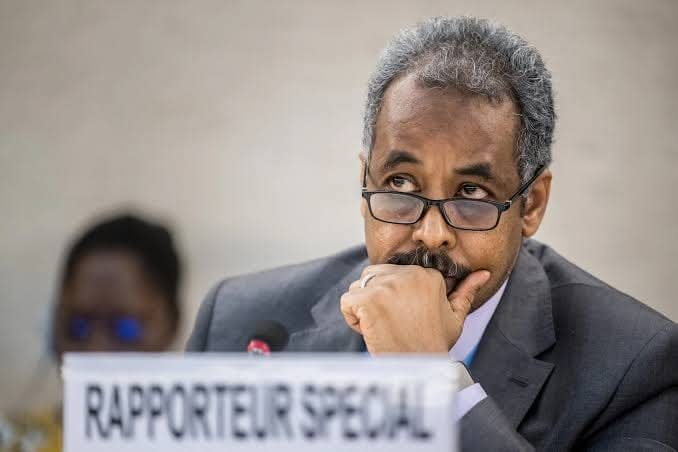Eritrea has formally submitted a request to the United Nations Human Rights Council to terminate the mandate of the Special Rapporteur tasked with monitoring alleged human rights violations in the country — a move observers call unprecedented and potentially far-reaching in its implications.
The current Special Rapporteur, Sudanese legal scholar Mohamed Abdelsalam Babiker, recently described the rights situation in Eritrea as “critical,” highlighting patterns of arbitrary detention, enforced disappearances, and indefinite national service as key factors behind continued mass displacement from the country.
Established in 2012, the mandate has been renewed annually, most recently under a resolution led by the European Union. This year, however, Eritrea has put forward a formal counterproposal to discontinue the mandate entirely.
Diplomatic sources note that while it is common for states under investigation to resist such scrutiny, Eritrea’s attempt marks the first time a country has submitted a proposal to terminate a Special Rapporteur’s mandate before the Council. The initiative has drawn backing from countries such as Russia, Iran, and Sudan, while facing resistance from Western powers including the EU and the United Kingdom.
Responding to Eritrea’s move, EU representatives warned that appeals to sovereignty or non-interference must not be used as a shield against international human rights obligations.
The proposal is expected to spark intense debate at the Human Rights Council, as rights advocates raise concerns that it could set a precedent for other governments hoping to escape accountability by challenging UN mechanisms from within.



